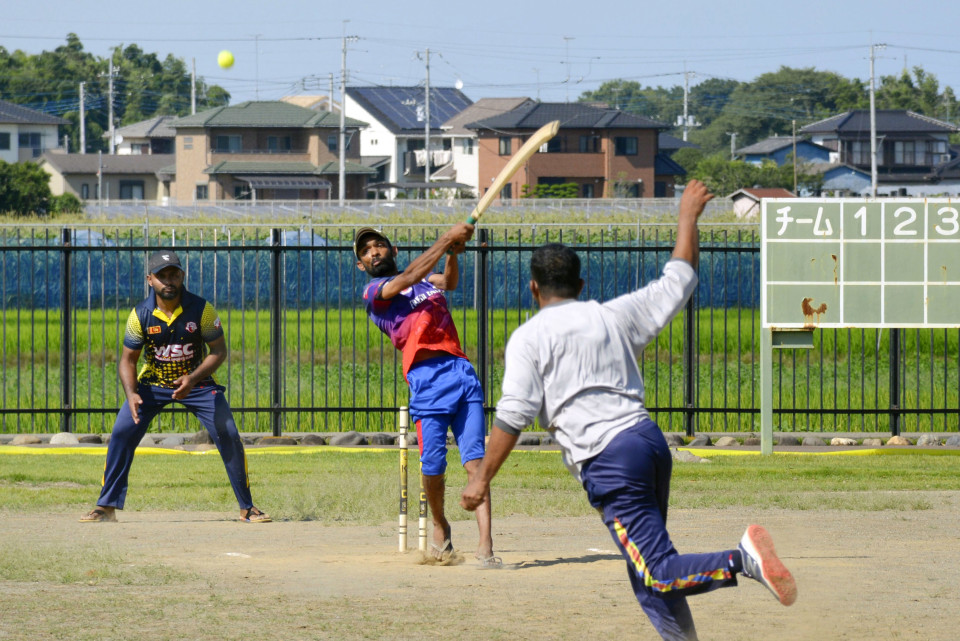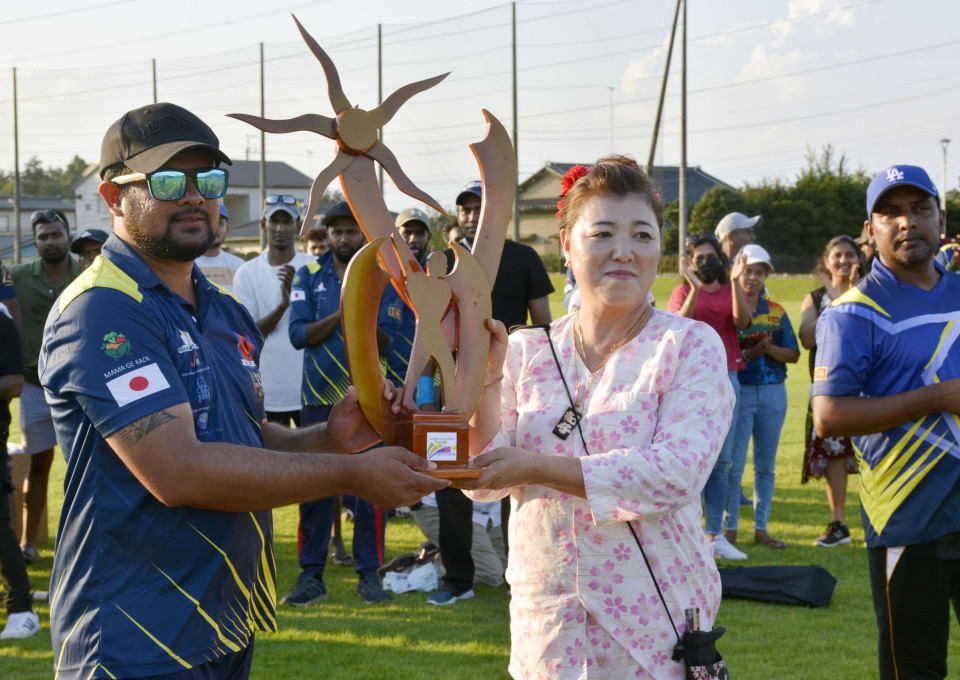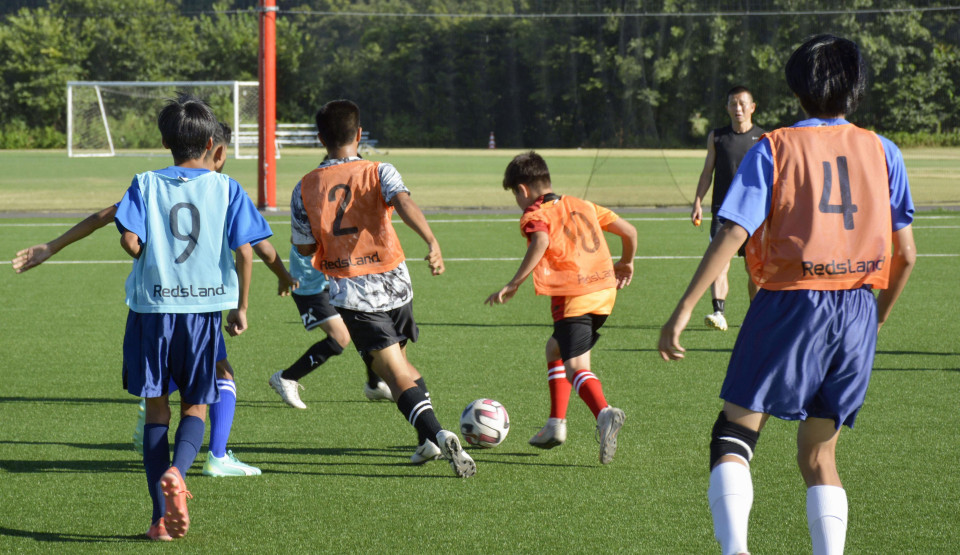Supporters of foreign laborers and asylum seekers in Japan are trying to provide some welcome release from the stresses and strains of adjusting to everyday life in a foreign land by bringing people together and building communities through sports.
The hope is that the initiative will help them feel more assimilated into Japanese society by enabling them to interact with local sports teams in their communities, organizers of the events say.

Last summer, 22 teams consisting of more than 200 Sri Lankans gathered in a park in the town of Yachiyo, Ibaraki Prefecture, northeast of Tokyo, for a cricket tournament. They competed for prize money of 150,000 yen ($950) and a trophy manufactured in Sri Lanka for the event. Games were livestreamed via the internet.
Most of the players are factory workers in Tochigi and Chiba prefectures near Tokyo, and the teams have names showing the Japanese towns where they are based, such as Utsunomiya and Narita.
Cricket is a highly popular sport in South Asia. The event, called Ibaraki Challenge, was planned by Sineth Lakmal, a 33-year-old self-employed businessman. "Participants can enjoy meeting friends they could rarely meet elsewhere," Lakmal said.
Japan is a country where punctuality is highly valued and because of differences in Japanese and Sri Lankan culture, practices such as sticking to the schedule for using facilities can generate challenges. As a result, the organizers of Ibaraki Challenge found themselves struggling to secure a place for the tournament.
But Noriko Ogasawara, 55, representative of a nonprofit organization in Shimotsuma, Ibaraki, was able to help by negotiating with local authorities for three months, and finally got the nod to use the park.
She said it is hard for foreign workers in Japan "to find diversions in a daily life of commuting between home and work and living in a culture so different from their own."

On the day of the event, she helped participants follow venue rules, including being punctual and picking up trash afterward.
The number of foreign residents in Japan increased to a record 3.41 million in 2023. But some find it difficult to settle into life in the country, arousing concerns that the cultural friction many experience on an everyday basis could negatively impact their health.
Kyohei Nishino, 46, a member of the organization Doctors Without Borders, heads a group of people trying to help foreign residents adapt to Japanese society.
The group, named Seeds, organized a soccer game event in July last year in the city of Saitama, near Tokyo. Some 70 people, who among them included Kurdish and Rohingya refugees seeking asylum from Turkey and Myanmar, respectively, took part alongside Japanese volunteers.
"Soccer is a universal sport. When we play it together, it creates chances to make connections," Nishino said.

Moves are also being made to support technical interns in Japan.
With badminton being a popular sport in Indonesia, the Kesennuma municipal government in Miyagi Prefecture organized a tournament for Indonesian trainees learning fishing skills in the city and Japanese players in October 2022. The first event of its kind, attended by 30 people, was followed by another held last November.
The rapid aging and dwindling of Japan's population is prompting the government to accept more foreign residents.
"Sports enable people from different cultures to get together and respect the same rules," said Hajime Hirai, professor emeritus at Shiga University, who is familiar with the topic of sports, immigration and integration. "It's important for foreigners and Japanese to play together," he said.
Related coverage:
46% in Japan have issues interacting with foreign co-workers: survey
Some 40% of skilled foreign workers choose to remain in Japan: OECD
 By Hiroyasu Takayama,
By Hiroyasu Takayama,









 By Mei Kodama,
By Mei Kodama,